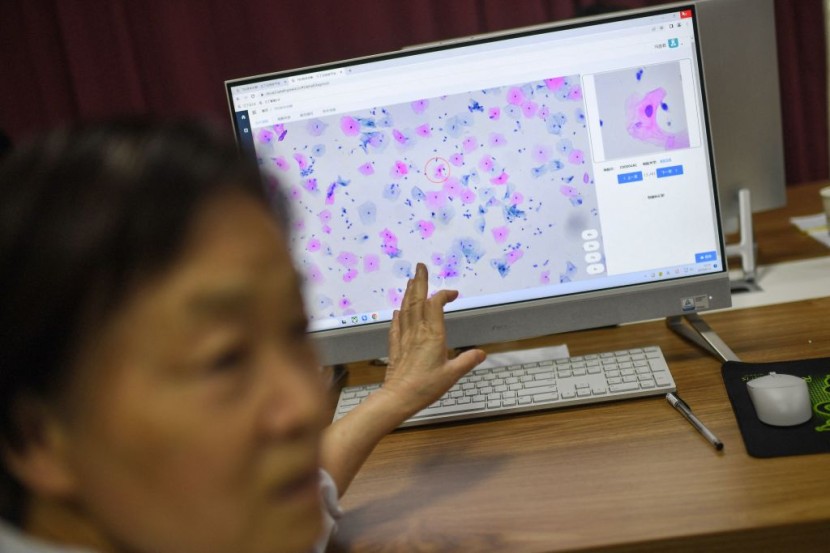By utilizing a course of readily available, inexpensive medications in place of the standard radiation treatment, researchers believe they may have achieved the largest advancement in the treatment of cervical cancer in the past 20 years.
Trial results presented at the ESMO medical conference suggest the method reduced the risk of cancer-related death or cancer recurrence in women by 35 percent, according to BBC News.

The results were deemed "remarkable" by Cancer Research UK, who provided funding for the project. It expects that soon clinics will begin offering the same to patients.
In the UK, hundreds of women are diagnosed with cervical cancer every year, many of them in their early 30s. New strategies are desperately needed since, despite advancements in radiation care, cancer can come back in up to one-third of patients.
Timely Treatment is Crucial
Timely treatment of cancer is crucial, according to Dr. Iain Foulkes of Cancer Research UK.
250 cervical cancer patients participated in the trial and had a novel six-week intense course of carboplatin and paclitaxel chemotherapy, followed by the "usual" irradiation regimen with weekly cisplatin and brachytherapy, also known as chemoradiation.
250 more women served as the control group and merely received standard chemoradiation.
80 percent of patients who had received the new treatment were still alive five years later, and 73% had not seen a recurrence or spread of their disease.
In contrast, 72 percent of those receiving "usual" therapy were still alive and 64% had not seen a recurrence or spread of their disease.
"Our trial shows that this short course of additional chemotherapy delivered immediately before the standard CRT can reduce the risk of the cancer returning or dying by 35%," stated Dr. Mary McCormack, the trial's principal investigator from the UCL Cancer Institute and UCLH.
She stated on the Today program of the BBC: "The important thing here is that if patients are alive and well, without the cancer recurring at five years, then they are very likely to be cured, so that's what makes this very exciting."
A New Standard of Care?
The two chemotherapeutic medications might swiftly replace current standards of care since they are readily available, affordable, and approved for use in patients.
They do, however, issue a warning that not all cervical cancer patients may see the same positive effects from therapy. Many of the malignancies among the study's female participants had not yet begun to spread to other parts of the body. The effectiveness of the treatment in treating women with more severe illness is unknown.
Additionally, the medications may result in unpleasant side effects such nausea, vomiting, and hair loss.
Related article: Late Stage Cervical Cancer Cases in the US Increase; Here's What Women Need To Know
© 2026 HNGN, All rights reserved. Do not reproduce without permission.








